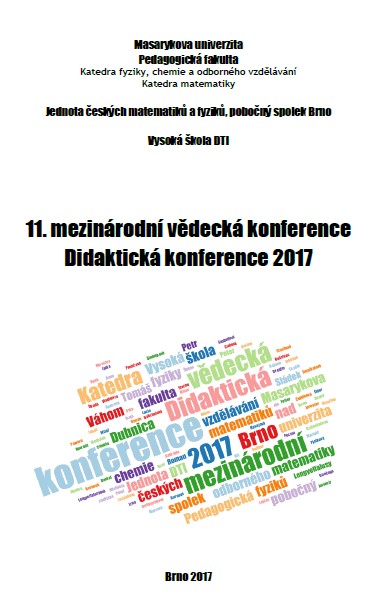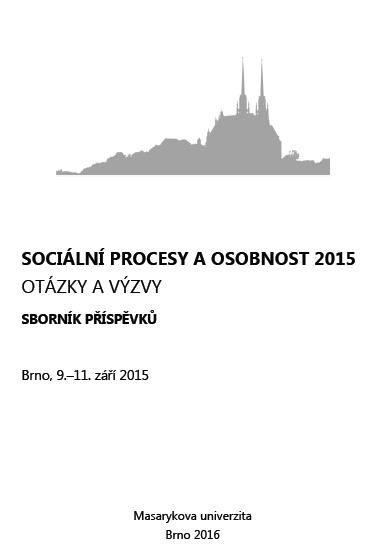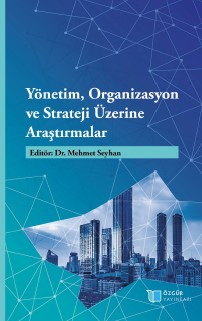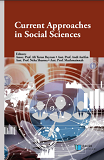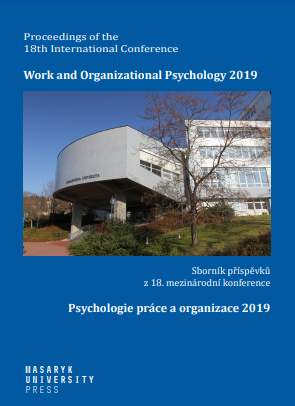
Posudzovanie prejavov bossingu a mobbingu v kontexte osobnostných čŕt zamestnancov
Objectives. Bossing is a specific form of mobbing as a long-term, systematic negative influence of the superior towards the subordinates. In terms of operationalization of this construct, the original BOSSING methodology is presented in the paper. Methods. The NAQ-Negative Acts Questionnaire methodologies were used to detect mobbing manifestations and the B5 questionnaire enabling the personality traits to be specified in terms of the Big Five concept. Based on the data obtained from the research sample of 636 employees, the paper presents the results of the validation of the BOSSING methodology, which was carried out using the NAQ methodology. Results. The overall NAQ score correlated statistically significantly with both factors - WorkAimed Bossing (0,267) and Psyche-Aimed Bossing (0,117). Basic psychometric characteristics of the methodology and content specification of extracted factors Work-Aimed Bossing (Cronbach alpha – 0,926) and Psyche-Aimed Bossing (Cronbach alpha – 0,813) are presented. The research findings supported a multidimensional understanding of the bossing construct. Conclusion. The results of the correlation analysis between employees’ personality traits and the assessment of bossing and mobbing prove the fact that the more the employees consider themselves as extraverted, open, friendly and conscientious, the less sensitive they perceive the occurrence of bossing and mobbing. Applying the BOSSING methodology in practice can contribute to identifying bossing manifestations in various work contexts. Limits. The limiting factors of interpretation and generalization of the results are related to a limited research sample, taking into account cultural contexts and situational conditions of perception of bossing manifestations. At the same time, it is necessary to draw attention to the determination of the line between bossing and normal, though strict behaviour of a superior.
More...
